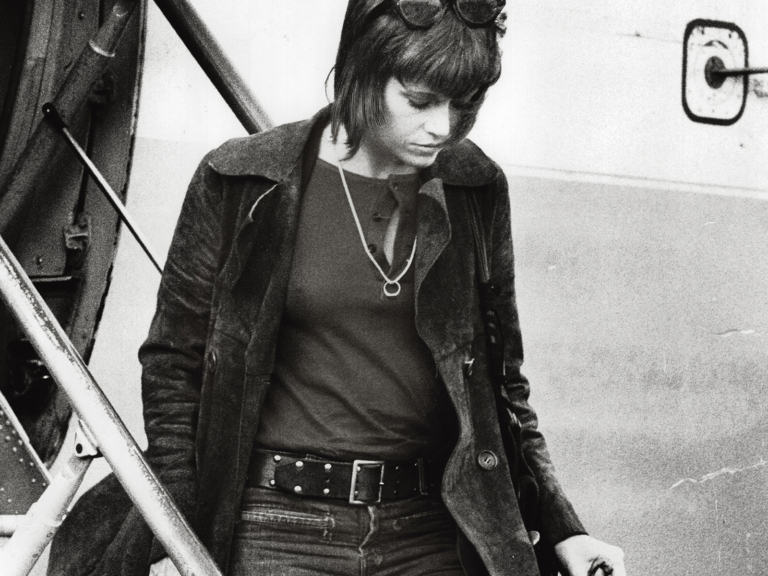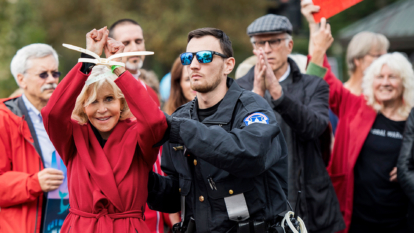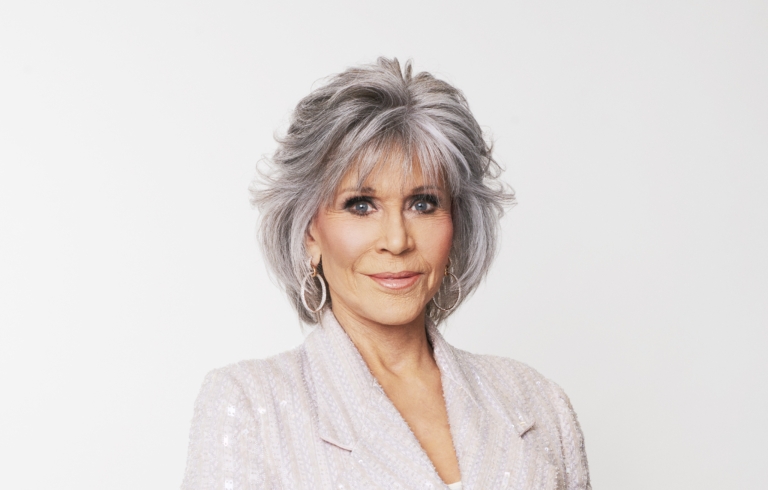Our Power
I’ve been angry at politicians for as long as I’ve been an activist. Here’s why I still vote.
Listen to the story
I walked into the Washington, D.C., jail cell with my hands cuffed behind my back. The cell was cold and painted hospital green, clashing with the long red trench coat I had worn to the protest that morning. Just a few hours earlier, I had been arrested by US Capitol Police for staging a nonviolent direct action alongside dozens of other activists. We spanned generations, backgrounds, races and incomes. But we were all there for the same thing: to demand action on the climate crisis.
It was 2019 and, at that point, the US government had failed to pass any comprehensive climate policy, despite knowing about the danger of fossil fuel emissions for half a century. A lot would change in the next few years. We underwent a global pandemic and finally pushed Congress to pass the largest climate spending bill in US history, known as the Inflation Reduction Act. Yet far too much remained the same. Climate disasters intensified, and fossil fuel lobbyists continued to bankroll our elected officials even as their refineries, plants and pipelines poisoned more communities.
As I write this in 2024, I can’t predict what our future holds. But I know, as history and science indicate, that a livable future is within reach. This future won’t hinge on the campaign promises of politicians. It’ll hinge on all of us continuing to vote, no matter how disillusioned we may be with the current system. Then, it will hinge on the power of social movements to hold politicians to account.
Take it from me. I’ve been protesting since 1970—for civil rights, peace in Vietnam, gender equality, Indigenous sovereignty and climate justice. If there’s one thing I’ve learned, it’s that politicians don’t wake up one day and realize right from wrong. Rather, once they’re in office, social movements put pressure on them to do the right thing. And it’s that sweet spot where the “politically impossible” can become inevitable.

A 1970 mug shot of 32-year-old Fonda after she was falsely accused of smuggling drugs along her international anti-Vietnam War speaking tour. The arresting officer told Fonda the orders came directly from the White House—and she would later learn the FBI and CIA had been surveilling her activities for months. Photo: Kypros
Even with the Inflation Reduction Act, our climate is still on the path to catastrophe: 2024 is so far the warmest year on record, a key contributor to massive floods, fires and extreme heat worldwide. If we don’t stop burning fossil fuels soon, the climate crisis will cost our economy $38 trillion annually in damages by 2050, obliterate the biodiversity our ecosystems depend on, and trigger global conflict for basic resources like food and water. Meanwhile, all over this country, people—especially people of color, Black, poor, working class and Indigenous people—suffer terribly because they are surrounded by refineries, fracking pits and active oil wells, oftentimes lacking safe water for drinking, cooking and washing.
You may be reading this and think fossil fuel pollution doesn’t directly impact you or your community. But it does. That’s because pollutants don’t stop at the borders of low-income communities. We’re all living in a soup of chemicals and fumes. Emissions from the oil and gas industry sector put 14 million people across the US at increased risk of cancer last year, according to the Clean Air Task Force. The American Cancer Society predicts that approximately 40 percent of us will develop cancer in our lifetimes, with more than 2 million new expected diagnoses this year.
Yet instead of reducing dangerous emissions to protect our health and cool the climate, this country is going in the opposite direction because so many people we elect to office take money from the fossil fuel industry. In 2023, Big Oil spent more than $133 million lobbying government officials. This loophole in our democracy keeps us from passing legislation that’s commensurate with the energy transition scientists say we need.
If we want a livable future, we need to have as many politicians as possible in power, across every level of government, who will heed the demands of the climate movement. Right now, most congressional Republicans and some Democrats continue to be funded by, and heed the demands of, fossil fuel interests instead. In state governments, there also are innumerable fossil fuel apologists, what I call “oily Dems,” running around legislatures and D.C. with oil lobbyists by their sides. We can’t let this continue. Trying to negotiate with fossil fuel politicians will get us nowhere.
If you’re reading this, you’re most likely awake to the climate crisis. The public is, too. More than half of Americans see climate change as a major threat and two-thirds support increased government support for renewable energy production, according to the Pew Research Center. This is no longer an issue of needing to convince most people that the climate crisis is serious, but of ensuring this concerned majority acts.

Fonda steps off a plane in November 1970 at the Toronto, Canada, airport during her anti-Vietnam War speaking tour, a day before US police would arrest her at the Cleveland, Ohio, airport. Photo: Boris Spremo
So, here are my three asks of you.
Make sure you’re registered to vote and have a plan to vote.
To start, you can spend time researching candidates’ records on climate. Many long-standing environmental organizations, like the League of Conservation Voters, have scorecards to help voters identify which congressional candidates have solid records on climate. And nonpartisan groups like OpenSecrets allow you to see which candidates take money from the fossil fuel industry—and which ones can be trusted.
It’s also crucial to familiarize yourself with downballot candidates and referendums. At my political action committee, Jane Fonda Climate PAC, we focus on equipping voters to stay engaged with downballot races because, right now, that’s where so much robust climate work is happening. City councils, boards of supervisors, county executives and mayors all play crucial roles here.
Second, over the next two months, volunteer to get out the vote.
This looks like knocking on doors, calling voters, poll watching, writing letters, text banking. Volunteering to get out the vote is the most essential step of election engagement because it’s where your voice can have an outsized impact. Just one hour of your time can result in a few more votes. That means if thousands of us volunteer together, we can shift the tides to win key election outcomes. So, whether you can donate one hour or one whole weekend—and whether you’re an introvert or an extrovert, like me—make sure to sign up.
And better yet: Ask your friends and family to join you, too. Right now, I’m mass emailing, texting and calling everyone in my network to get out the vote. I’m telling them that this year’s election is existential. It’s a choice between democracy—imperfect as ours is—and fascism. There can be no protest candidate and no sitting out.
Lastly, no matter who wins the election, join us in the streets to mount enormous, nonviolent pressure to stop business as usual.
If you start to feel bogged down by the weight of it all, remember this: Protest works when there are ears in the halls of power willing to listen and respond. That’s why voting is so crucial. We don’t have to love the politicians we elect. We just need more who are willing to hear both the science and the public’s concern—and then have the courage to act.

